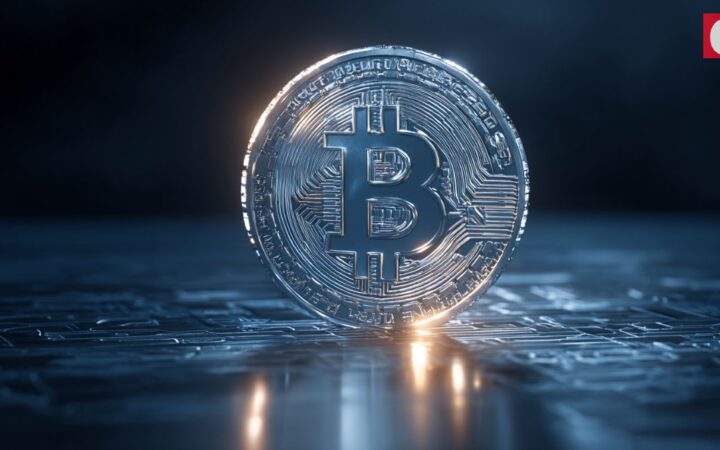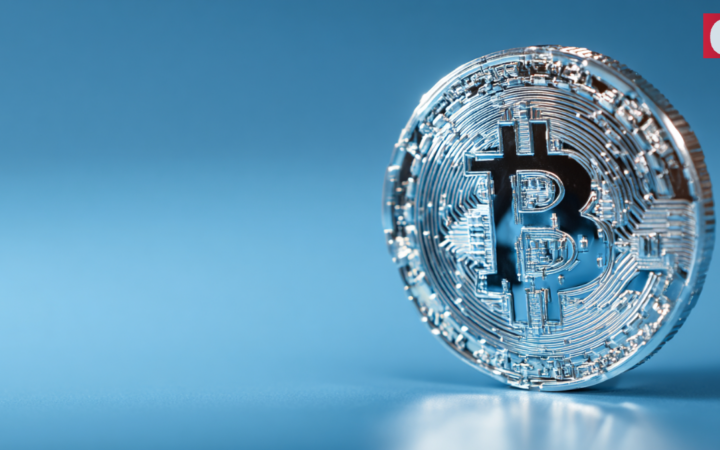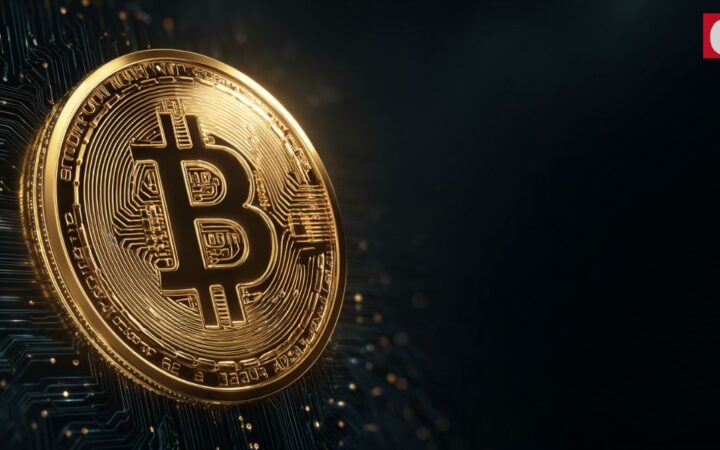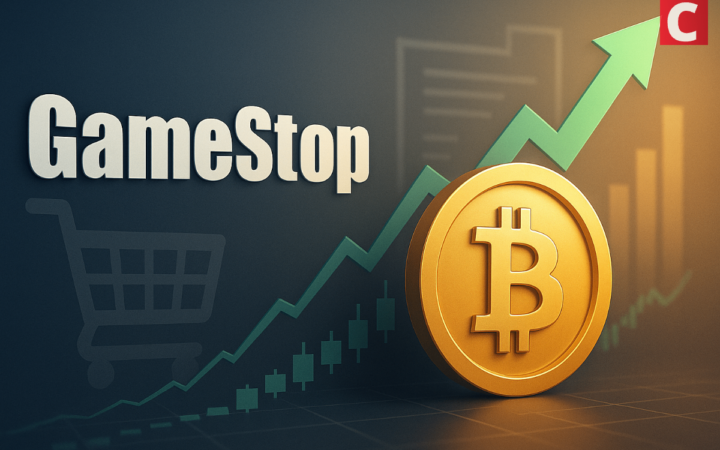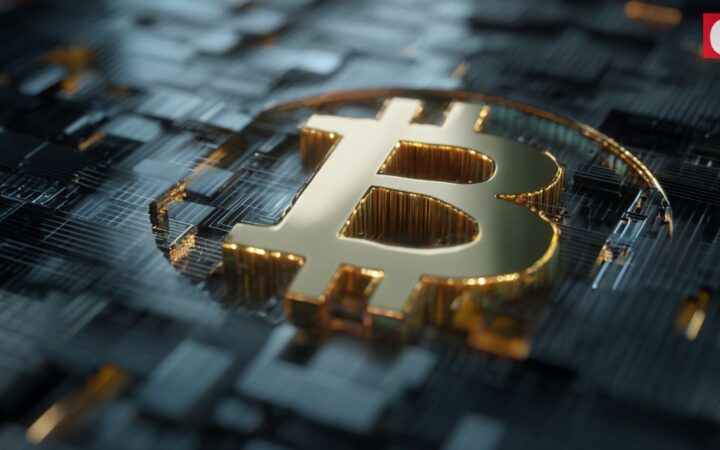
Please check out latest news, expert comments and industry insights from Coinspeaker's contributors.
We can observe that the blockchain has evolved in most domains, including finance and entertainment.
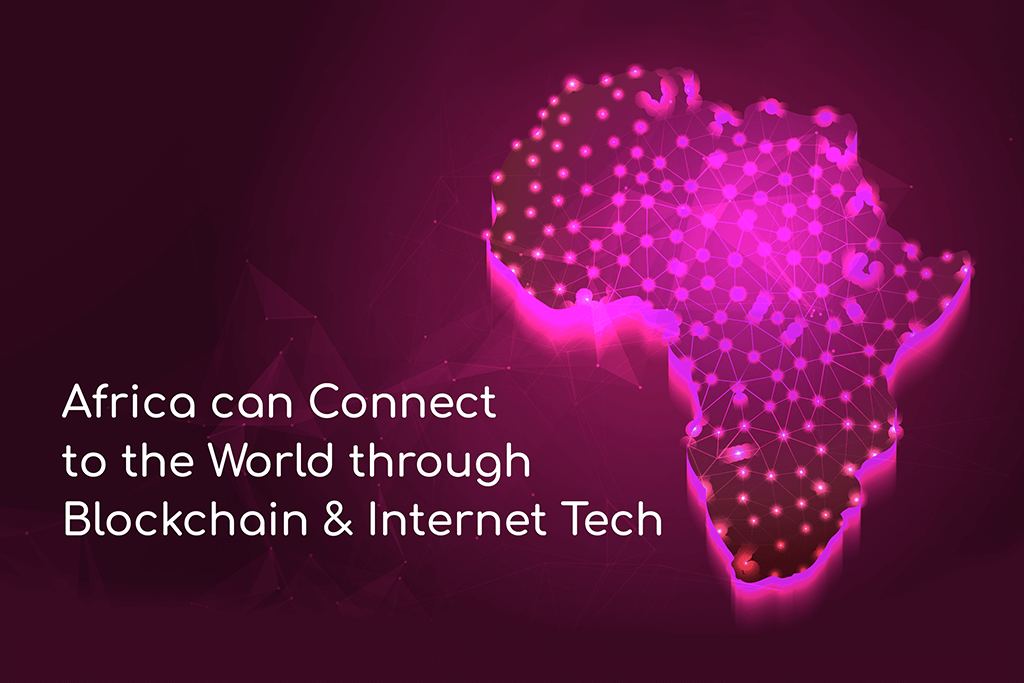
The problem of internet connection nowadays still exists, even if we have the impression that everyone has access to the internet. And that’s a fact for the second largest continent in the world – Africa.
According to the United Nations’ Sustainable Development Goals, universal internet access is becoming increasingly important. It allows many people to access life-enhancing online services in healthcare, education, and other skills required to reduce poverty, ensure economic growth, and foster global inclusion.
The problem of the internet in Africa is so complex that it requires a tailor-made solution because Africa’s potential population is large.
But how serious is the situation?
Africa has the lowest internet connectivity, with only around half of the continent having access. It also has the most potential for improvement. Paradoxically, as we check Google Trends, African countries such as Nigeria, South Africa, Ghana, and Kenya show a great interest in Bitcoin and other cryptocurrencies. A new study by Kucoin finds that 35% of the Nigerian population are cryptocurrency investors.
Yet, right now, only around 50% of people on the African continent use the internet, and only 1% have broadband access. When you compare this to the 60% of the world’s population who are active internet users, it’s clear that African countries have a long way to go before they can fully profit from the internet.
The lack of internet in Africa has a social and economic impact on how locals connect with their government, businesses, and one another.
Fortunately, the African Union has established a goal of connecting each individual, business, and government on the continent by 2030, with funding from the World Bank Group.
Despite how it may seem, there is an increasing number of innovative solutions to leapfrog Africa to high-speed connectivity.
We all know that there are four internet connection types: Wi-Fi, Broadband, DSL, and Cable. One of the solutions was to bring the internet by cable. Suppose there is a need for not just simple internet but broadband internet. In that case, the next phase in Africa’s broadband growth is to use fiber-optic networks to extend internet access inland from undersea cables. However, fiber-optic cables are as thin as a strand of human hair and are composed of glass. The process is as complicated as it sounds and is even more expensive.
This continent is rather disconnected because of the different levels of development many African regions have seen, which has made it difficult, if not impossible, to lay the cables for quality internet or connect the population to the world. In addition to the ability to execute this, the World Bank has also estimated that the process could be lengthy, requiring more than 10 years and $100 billion to ensure Africa gains access to broadband internet.
However, another more efficient solution comes from creating wireless broadband access without the need for expensive infrastructure and digging to lay cables. 3air, a blockchain platform with its own 3air token based on the SKALE network, aims to solve this digital divide in Africa by partnering with K3 Telecom, a Swiss broadband provider specializing in wireless broadband internet. It aims to solve this issue with novel technology that can transmit optics grade broadband Internet, Digital TV, and IP telephony through the air. This technology is said to have the ability to connect millions of people within only 6 months. Once connected, 3air onboards users onto their blockchain platform explicitly catered to the needs of developing countries and telecoms. And as it seems, they are the only initiative looking to bring this solution to solve the African internet crisis.
The internet problem in Africa affects the local communities and the whole world. How? The absence of the internet prevents the governments in African countries from closing governance gaps and delivering services like healthcare and education to the masses due to insurmountable infrastructural challenges.
But today, we can observe that the blockchain has evolved in most domains, including finance and entertainment. The power of decentralized ledger technologies can make it possible for cryptocurrency projects to bank the unbanked and offer financial services to help the local population improve their financial situation even before their governments manage to implement the reforms they promise.
Disclaimer: Coinspeaker is committed to providing unbiased and transparent reporting. This article aims to deliver accurate and timely information but should not be taken as financial or investment advice. Since market conditions can change rapidly, we encourage you to verify information on your own and consult with a professional before making any decisions based on this content.

Please check out latest news, expert comments and industry insights from Coinspeaker's contributors.
